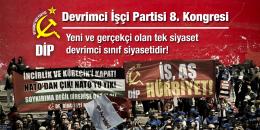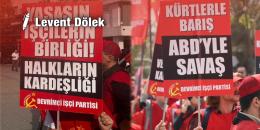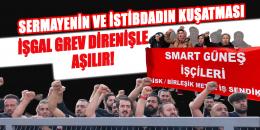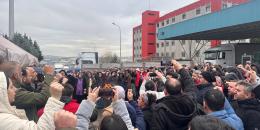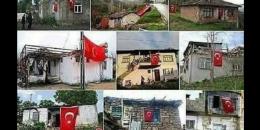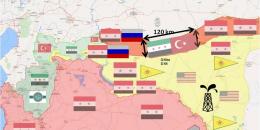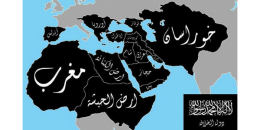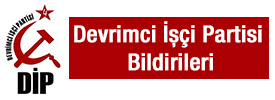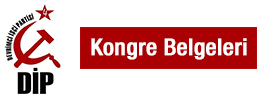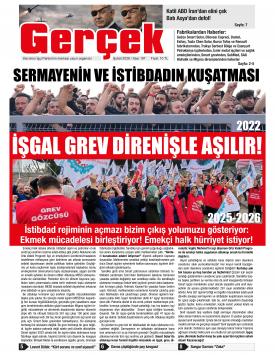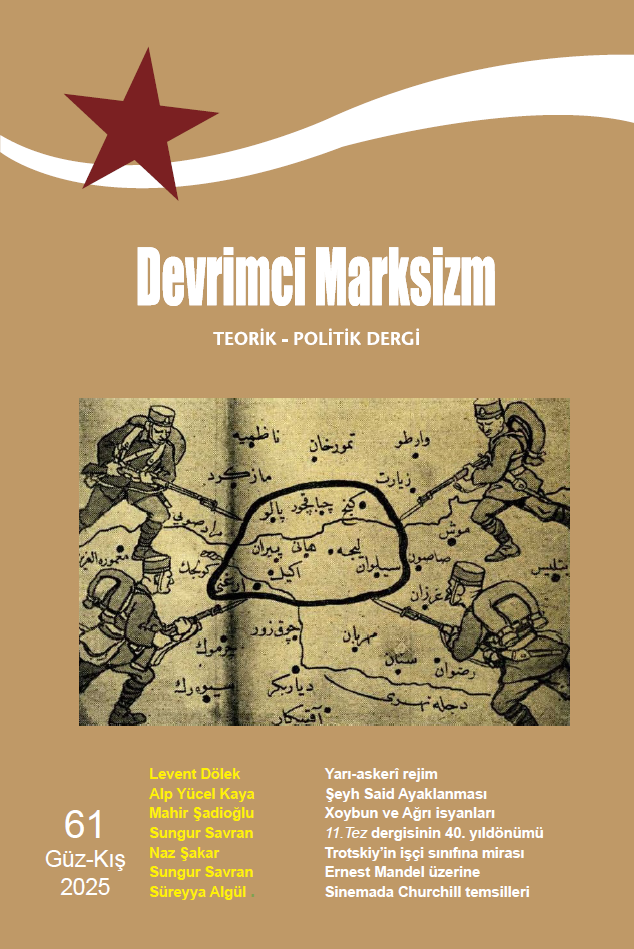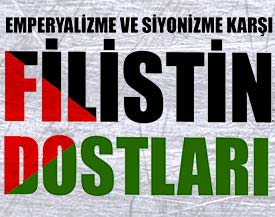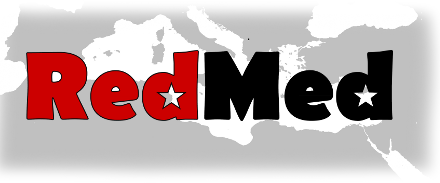Scramble for Syria
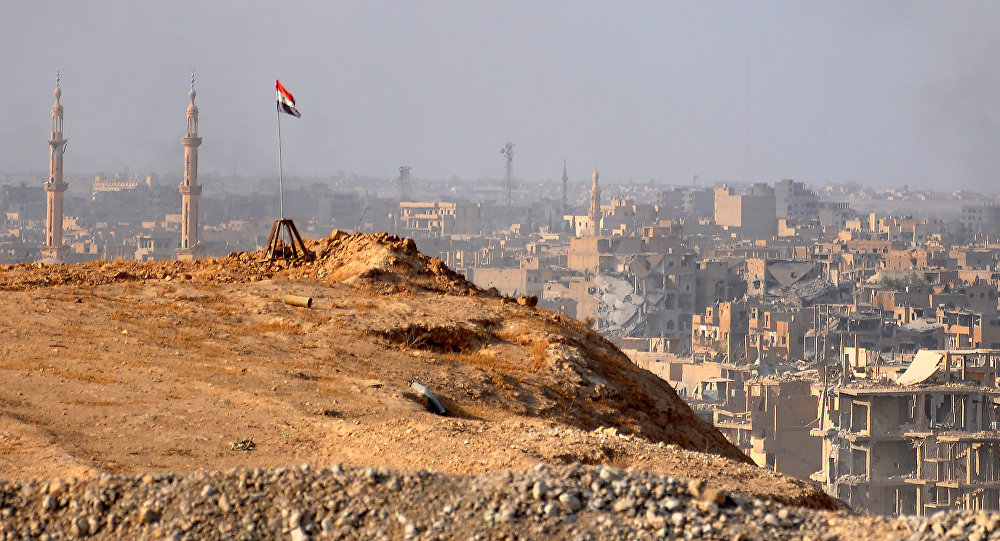
The Syrian civil war is entering a new phase. DAESH (ISIS), having lost Mosul in Iraq, Raqqa and Deir ez-Zor in Syria, has reached the end of the road. We are entering a phase where DAESH, whose claim to be an “Islamic State” has now become untenable given the territory it controls, would be obliged to adopt a guerrilla tactic and maintain its existence with terrorist action on an international scale. The void left behind by DAESH has been the subject of an intense struggle for influence between the axes of the USA-Israel and Russia-Iran-Syria.
The Astana process and diplomatic offensive of Russia: the Southern front
Beginning with the Astana process, by winning Turkey and Iran over, Russia formed a prominent centre of gravity in the reshaping of the future of Syria. The peak of this process is the formation of de-conflict zones in Syria. The USA refused to take a direct part in Astana, yet sat at the table with Russia separately agreeing with the implementation of de-conflict zones in southern Syria. In Idlib, the other de-conflict zone, a plan was agreed upon, according to which Iran and Turkey became guarantors along with Russia.
In exchange for giving way to the Russian initiative in Astana, the USA obtained a zone of influence in the Daraa and Quneitra regions, crucial for the security of Israel. The centre of USA influence there is the al-Zakf base. Furthermore, the USA and its proxies retain the control of the Iraq-Syria passage with the al-Tanf base. This passage is of great strategic importance for Israel and in the past, the supply of weapons from Iran to Damascus and the Lebanese Hezbollah was passing through this road.
It is known that this offensive, compatible with Russia’s policy of minding and not alienating Israel is far from ideal for Assad and Iran. Israeli Prime Minister Netanyahu endorsed the agreement by saying that the Secretary of State of the USA and the Foreign Minister of Russia, respectively Tillerson and Lavrov, reassured them. Netanyahu overtly expressed that he was concerned about a potential return of the Syrian army or Hezbollah. The guarantor of the arrangement that would soothe the concerns of Netanyahu is the USA army. Indeed, U.S. planes hit the Syrian army troops around the al-Tanf base in order to defend their positions in three different occasions, on May 18, June 8 and October 5. However, according to their agreement with Russia, the USA did not try to make an advance into new positions, creating the conditions for a much more powerful onslaught by the Syrian army in the Deir ez-Zor region due to the relative stability on the southern front. The confrontations between the USA and Syrian army in the southern front remained on a limited scale.
The Astana process and diplomatic offensive of Russia: Idlib front
It is in Idlib that the de-conflict zone formulation of Astana will really come into its own. However, the process in Idlib is conducive to be more difficult than the southern front and the uncertainties are more numerous here. Contradictions and uncertainties derive from the fact that the perspective expressed in Astana is construed in disparate manners by different parties.
The concept of de-conflict defines a situation of truce between the Syrian army troops and the armed opposition groups which are not among those defined as “terrorist”. In Idlib, Al-Nusra’s front organization Hay’at Tahrir al-Sham (HTS), unanimously considered as a “terrorist” organisation, has a broad zone of influence with its 20 thousand militants. The city centre of Idlib is also within that zone of influence. (This reactionary coalition of forces led by al Nusra, formerly official section of El Qaeda in Syria, is one of the forces some Trotskyists consider are bearers of the “revolutionary” standard in the Syrian civil war!) Recently, HTS confronted the Turkey-backed groups of Ahrar al-Sham and Free Syrian Army (FSA) and threw them out from around the Turkish border.
From the moment Turkey entered Idlib with its military forces, it started to become clear that different parties construe de-conflict zone differently. The Turkish Ministry of Foreign Affairs made a statement saying that “the main duty of the observer forces has been defined as preventing clashes between the regime and opposition and observing possible breaches of truce” but its de facto action has been to prevent clashes between HTS and other armed opposition forces. And according to a news report that Reuters attributed to local eye-witnesses, HTS has even escorted the troops of the Turkish Armed Forces (TSK) while they were entering the zone. This report was has not been denied.
The pro-AKP media have also confirmed the negotiations with HTS. Reports indicated that in order to withdraw, HTS laid down the condition that the TSK should enter the city instead of the FSA and that it will not attack the TSK. After entering Idlib, the TSK headed mainly towards the Afrin border controlled by the PYD instead of the city centre. In any case, it is constantly uttered by the high-ranked officials, and particularly by Erdoğan himself, that the priority of Turkey is a military operation against Afrin.
On the other hand, what Russia, Iran and Syria expect in Idlib is the elimination of the HTS forces by military means and the creation of a de-conflict zone between the rest and the Syrian army. In this sense, given the framework established in Astana, Idlib is primarily a conflict zone, not a de-conflict one. It is unlikely for Turkey to obtain results by undertaking a process of resolution and dialogue with HTS and avoiding conflict. It is clear that Russia, Iran and Syria would not be readily convinced to a solution where the “terrorist” HTS would be convinced and not annihilated, therefore preserving its presence in the region, one way or another.
In fact, in less than a week’s time after the start of the military operation, Faisal Mekdad, the Syrian Deputy Foreign Minister, made a statement demanding the immediate and unconditional withdrawal of the Turkish army, in which he defined the TSK as an invasion force and underscored that the operation had nothing to do with Astana. For the time being, the Syrian statement has remained as a low-level protest. Russia and Iran remain silent on the diplomatic front. Russia holds the key to Afrin. The main factor deterring Turkey from attacking Afrin is the Russian military presence in the region. Turkey cannot obtain permission from Russia to attack Afrin without attaining a result against HTS that will satisfy Russia. For this reason, Russia prefers to wait. But the contradictions on hand indicate that this silence cannot last long.
Military offensive of the USA: Raqqa and Deir ez-Zor expedition with the SDF
The main offensive of the USA in Syria is taking place in the military arena and the Syrian Democratic Forces (SDF) led by the PYD/YPG is playing a central role in it. Obama’s “no boots on the ground” policy has changed with Trump. The USA military forces are intensively supplying arms and munitions to the SDF. The SDF has been equipped by armoured vehicles and anti-armour weaponry. In addition to that, U.S. commanders personally participate in the coordination and command of operations. Add the airstrikes of the US-led coalition to that and we have one of the most effective military forces in Syria.
The Kurds, who fought a defensive war against DAESH in Kobani, were supported by the USA in the breaking of the siege on the city. It is comprehensible for a people fighting a battle of life or death to not refuse the military support offered to them. However, the support offered by the USA did not come unconditionally and the latter gradually tried to create its own “boots on the ground” out of the resistance of the Kurdish people against DAESH. This relation has been consolidated in the Raqqa operation. After the fall of Raqqa, the SDF forces headed towards Syria’s oil-rich region of Deir ez-Zor. At this stage, the advances of the SDF have gone well beyond the motive of the defence of the Kurdish people and turned into the means of expansion of the US zone of influence towards oil fields.
In Raqqa, the Raqqa Civic Council, founded by the SDF under the supervision of the US and British armies, is taking over the control of the city. Some Turkey-backed opposition groups, with the name of the Raqqa Provincial Council who left Syria after the DAESH invasion, demand that the control of the city be handed over to them and claim that the city is occupied by another foreign invader. In the military arena, there is a race in the direction of the Iraqi town of al-Qa’im with the US-backed SDF rushing from the east of Euphrates and the Syrian army from the west of it. The oil resources are more densely located in the east of Euphrates and it is quite likely that they will come under the US zone of influence.
At this stage, the military and political balance of power indicates that the SDF, which took the control of Raqqa with US support, will establish its rule in the region with the help of local tribes and an autonomous region under US influence will be consolidated with the income from the oil zones of Deir ez-Zor. The USA will continue to have serious tensions with its NATO ally Turkey, while it uses the PKK-oriented YPG as its “boots on the ground”. But given the negative course of the relations between Turkey and the USA, due to other factors, it is indisputable that the US generals who defended using the YPG instead of the TSK in Raqqa and the aftermath claim that they were proven right in the eyes of Pentagon and White House.
The qualitative difference between Russian and the USA
Russia continues to be in a decisive position with diplomatic offensives backed with military force. One can see that the moves of Russia are oriented defensively. In this sense we can state that Russia follows a multi-dimensional and flexible political line in order to avoid any major confrontation and tries to stand out as the only power able to talk and negotiate with everybody in the region. With this in mind, Russia is conducting separate talks with the USA, being attentive to the protection of Israeli interests, including the NATO member Turkey to the Astana process and making an agreement to sell S-400 missiles to Saudi Arabia, despite of its close alliance with Iran.
The USA, on the other hand, is trying to form a centre of attraction by making a display of power. The appearance made by Trump with Tomahawk missiles is being consolidated with the positions acquired in north-eastern Syria via the SDF. Trump is hardening the tone of its political line towards Iran and is tending towards the suspension of the nuclear agreement, which is a crucial balancing factor in the region. While Russia tries to avoid confrontation by means of diplomacy, the USA tries to obtain diplomatic positions with a policy of confrontation. Clearly, the main reason explaining this difference is the fact that, against the imperialist character of the USA, Russia is a power with a fragile economy dependent on imperialism, deriving its strength from its military potential and whose influence remains regional.
Those hunters who will become the hunted
As the USA and Russia position themselves in this manner in the struggle of influence in Syria, Turkey might be another country to be effected as directly as Syria from all this. Turkey perceives itself as an actor in this game of musical chairs. But the USA sees it as a chair to be grabbed rather than an actor on its own right. Undoubtedly, the military and political problems that Turkey will encounter in the region will have its ramifications on the extremely fragile domestic politics. The USA is historically and currently involved in the domestic politics of Turkey. Russia, on the other hand, would never want to confront the USA over Turkey. Under these circumstances, the USA would not hesitate to employ a series of opportunities ranging from the NATO membership of Turkey to the USA-oriented opposition forming in domestic politics passing through the Zarrab case. If the USA could succeed in reintegrating Turkey to the USA line as a NATO member, the Syrian Kurds will be first to experience the results. It is inevitable for US imperialism, whose horizon extends well beyond Raqqa, Deir ez-Zor and even Syria, to devolve its support to the Kurds to a tactical level or forcing them to aligning their political line according to the interests of the colonialist Turkish capital, as soon as it has the TSK on its side, which can be used in the Middle East, Caucasia and Balkans,
The USA and Israel form a reactionary pole, Russia is unreliable
The scene in Syria once again marks US imperialism and Israeli Zionism as the major reactionary force, while proving Russia as an unreliable ally for the forces opposing the USA. The local powers that stood out during the fragmentation of Syria are being side-lined by the major powers as the new order is appearing on the horizon. Turkish, Kurdish, Arab and Persian peoples have nothing to gain from going against one another. The one and only way for these peoples to freely determine their own future is to unite against imperialism.

